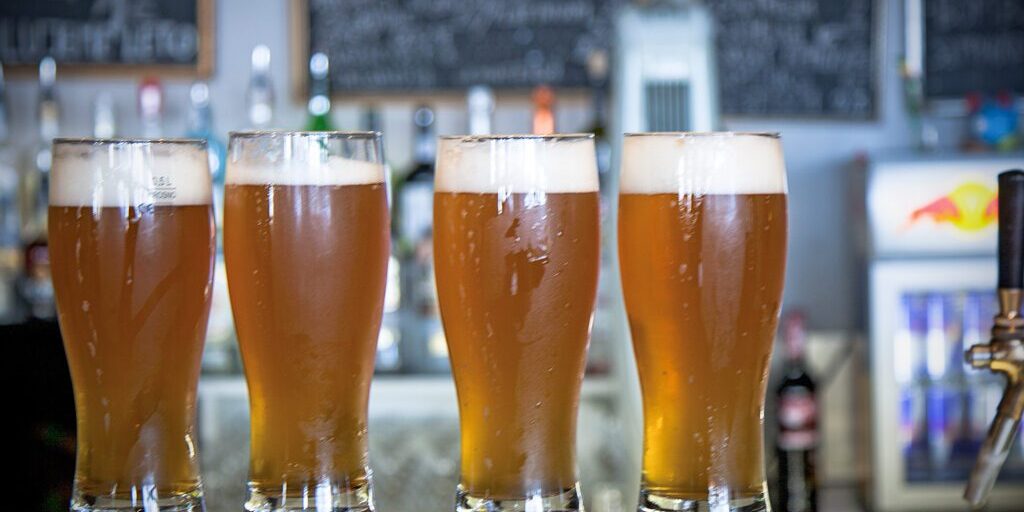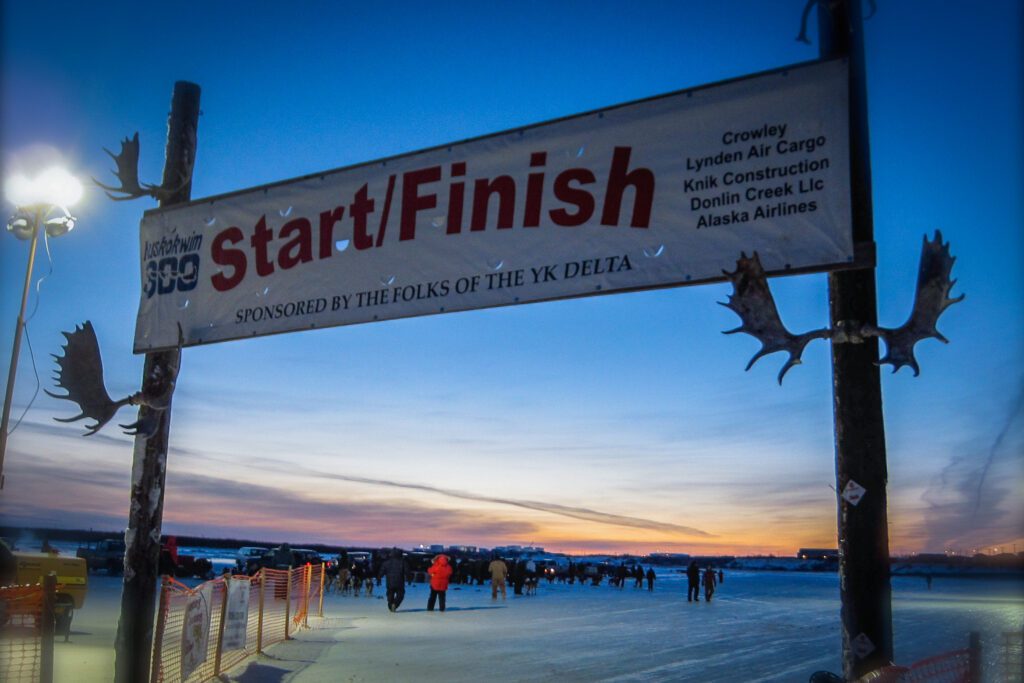NOME, Alaska — Legal alcohol sales began in Bethel last week. It’s the first time alcohol has been sold in the city in more than 40 years.
One restaurant is already selling beer and wine. Two package liquor stores are set to open in the future. But some community leaders are concerned about how Bethel’s alcohol sales may affect dry villages in the Yukon-Kuskokwim Delta region.
Susan Murphy has lived in Bethel for her whole life. She remembers what the city was like when it was wet.
“How awful it was, back in the early 70s and late 60s,” she said. “There’d be people drunk and passing out. The winter times were especially bad, because people would be freezing to death.”
Bethel wasn’t the only city that struggled, either. Murphy said communities around the Yukon-Kuskokwim Delta — like Napaskiak, Aniak, and Marshall — had to contend with alcohol that was brought in from Bethel, most often illegally.
As a tribal judge on the Orutsararmiut Native Council and school board chair for the Lower Kuskokwim School District, Murphy said she has seen alcohol lead to abuse, neglect, and other problems for families in dry communities.
“And I’m afraid that’s just going to triple and quadruple with the availability of alcohol in Bethel,” she said.
Father Chuck Peterson is the pastor at the Immaculate Conception Catholic Church in Bethel. Like Murphy, he said Bethel’s new alcohol sales may be a bigger concern for visitors coming from the villages.
“People come from downriver and upriver to Bethel to do their shopping,” he said. “Sometimes they stop by the liquor store, and they don’t get their shopping done. They are the ones who are most vulnerable, because nobody in the town wants to take them in when they’re drunk.”
And if they’re not stranded in the city, Peterson and Murphy said drunk driving could become a bigger issue as people travel to Bethel by boat and snowmachine. As alcohol sales expand, they predict social services and law enforcement will be overwhelmed as well. But others aren’t so sure.
Richard Alstrom is the former City Manager of St. Mary’s, north of Bethel on the Yukon River. He held the job when the community went damp 10 years ago, and he said the village’s status — whether it’s dry or damp — hasn’t made much difference. Either way, he said alcohol gets into the village.
“Alcohol came to St. Mary’s when it was dry, and alcohol is coming to St. Mary’s when it’s damp,” he said. “So it’s hard to say if there has been any change at all.”
Downriver from St. Mary’s, the village of Emmonak has been dry since 1991. The community is 120 miles northwest of Bethel near the mouth of the Yukon River, and the people there travel in and out of Bethel frequently.
Martin Moore is Emmonak’s City Manager. He said he hasn’t seen much impact yet from new alcohol sales in Bethel. As is the case in St. Mary’s, he said alcohol arrives in Emmonak regardless of what’s happening in surrounding communities.
“It’s an issue, it has been an issue, and it’ll continue to be an issue,” he said.
If Emmonak is going to cut down on illegal alcohol, Moore said that will be up to locals. For years, the community has looked into establishing a tribal government and court, but it’s unclear when that may happen. Until then, Moore said leadership from elders is key.
“It’s up to the people of Emmonak and the elder people to start working together to deal with the younger group and help them plan their lives,” he said. “It’s not going to happen overnight. It’s going to take some time.”
But Murphy said the more available alcohol is, the bigger the challenge will be for communities that have voted themselves dry.
“What will happen is people will come into Bethel, buy a bottle, get drunk, and become Bethel’s problem,” she said. “Or they’ll buy a bottle and drink in the boat or on the snowmachine on the way back to the village. They’ll be the state troopers’ problem, then.”
According to spokesperson Megan Peters with the Alaska State Troopers, the state has no plans to develop or adopt new procedures in response to Bethel’s legal alcohol sales.







